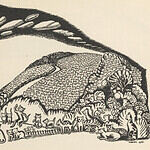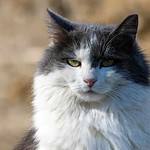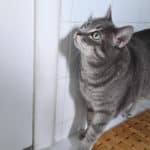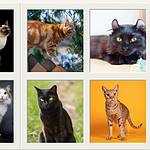The sound of a cat coughing up a hairball can seem alarming to someone who isn’t used to it.
Cats love to groom and do a lot of it. A cat’s tongue is covered in spines, known as cavo papillae, that act like a comb to separate fur and remove dirt and debris from your cat’s coat.
What causes hairballs?
As a cat licks and cleans their fur, they swallow a lot of loose fur that gets removed. Most of that fur will pass through the digestive tract and exits the cat in their poop. Some hair, however, will accumulate in the stomach of the cat. That clumped hair accumulates and cats will get rid of it by coughing it back up.
When a cat is starting to cough up a hairball, they will typically assume a hunched over stance with their neck stretched out and their entire body low to the ground. The cat may move their head from side to side as they make a hacking dry cough sound.
After a few hacking coughs, cats will typically vomit up a wet and elongated clump of fur.
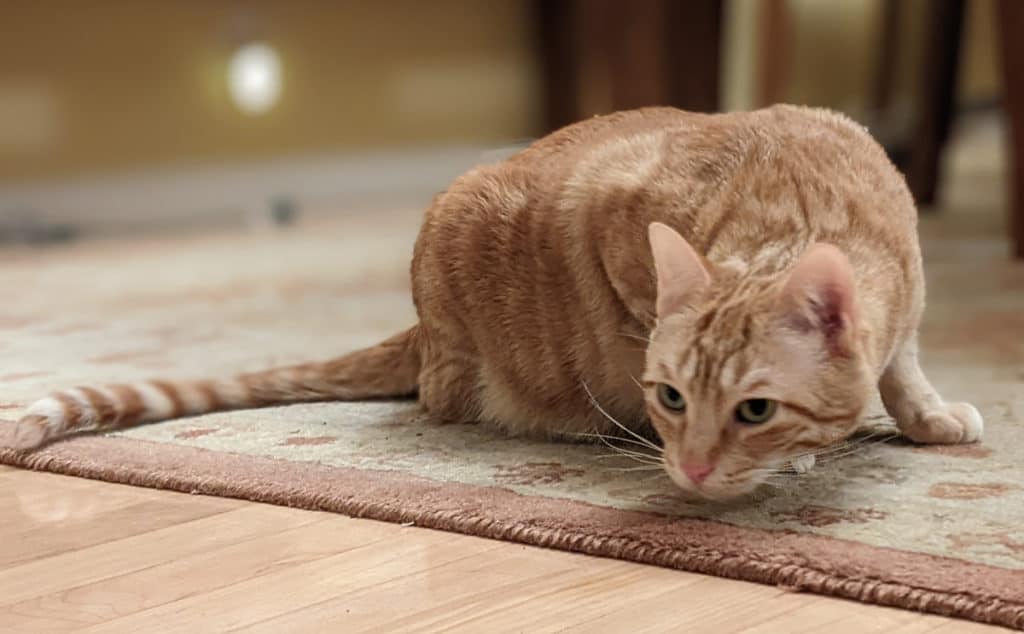
Hairballs are normal
It’s normally for a cat to cough up hairballs every week or two.
Longhaired cats tend to develop hairballs more often than shorthaired cats.
Kittens and young cats tend to groom less than older cats and therefore tend to have less hairballs.
Shedding can increase the occurrence of hairballs
Cats will shed more fur in spring and fall.
Help with hairballs
You can help lessen the occurrence of hairballs by gently brushing and combing (for longhaired cats) your cat daily. Longhaired cats, in particular, benefit from their owner’s grooming to prevent matting and tangling of their fur.
When hairballs can be a problem
If your cat seems to be having trouble coughing up a hairball after multiple attempts, refuses to eat for more than a day, or seems usually lethargic, it’s best to consult your vet in case your cat has an obstruction.
If your cat is over-grooming, it’s a good idea to check with your vet. Excessive self-grooming can be a sign of such health issues as an infection, flea infestation, or high levels of stress.
References
The danger of Hairballs. (2018, May 21). Cornell University College of Veterinary Medicine. https://www.vet.cornell.edu/departments-centers-and-institutes/cornell-feline-health-center/health-information/feline-health-topics/danger-hairballs



